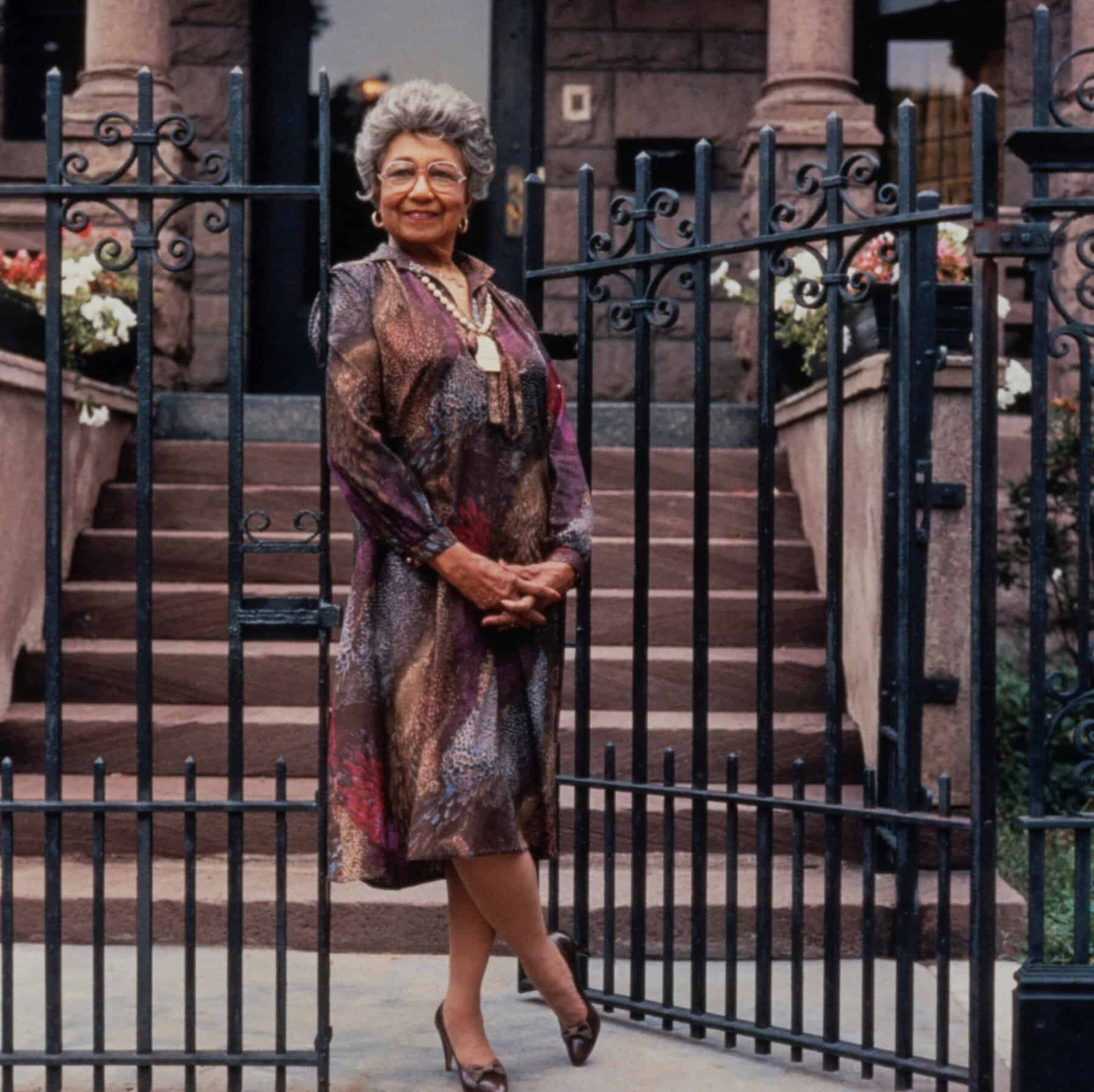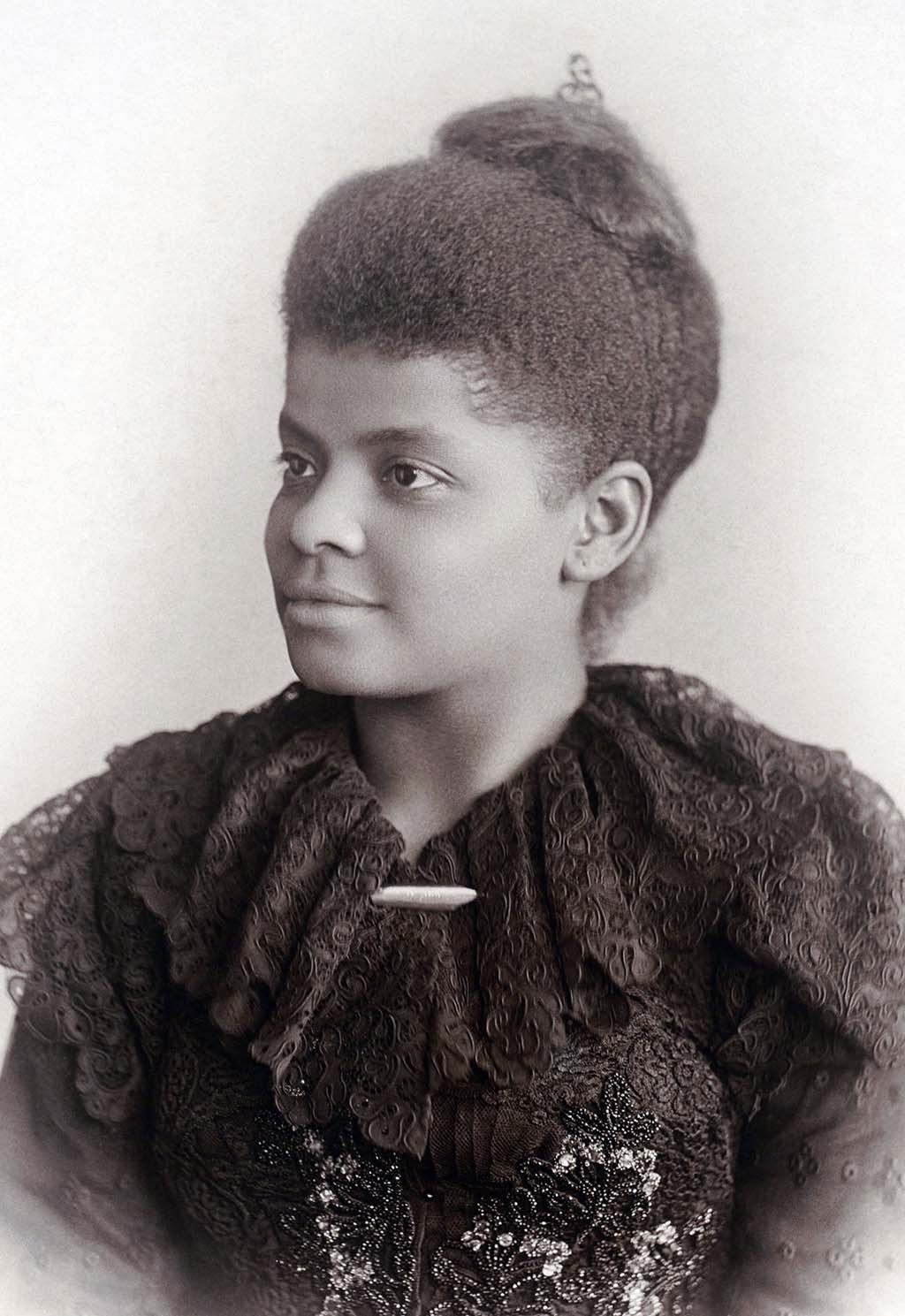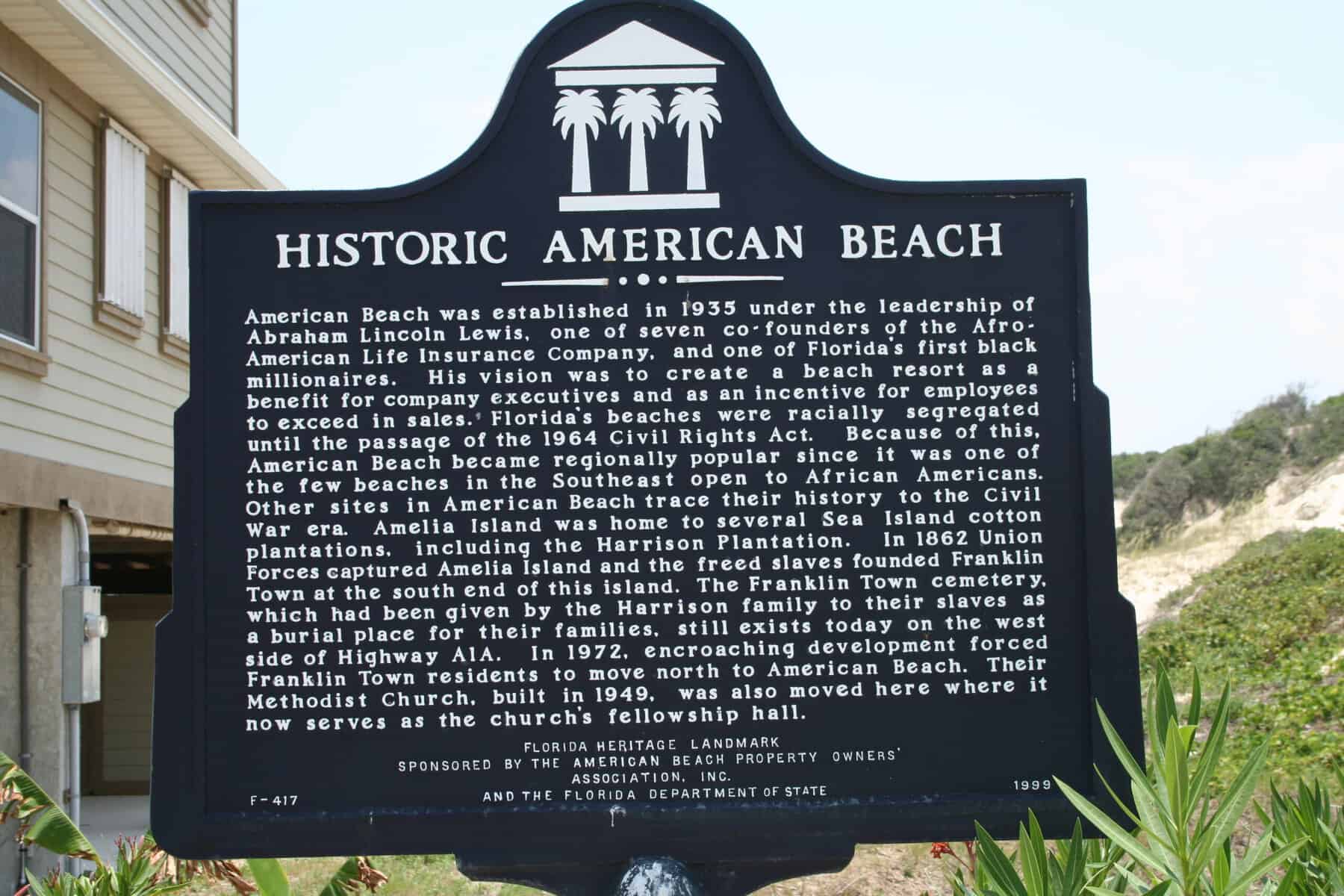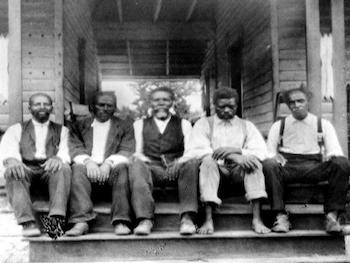Etta Moten, a multifaceted pioneer in the world of entertainment, was born in Weimar, Texas in 1901. She was raised as the only child of her parents, Freeman Moten, a Methodist minister, and his wife Ida Mae Norman. In 1915, Rev. Moten moved to Kansas City where Etta Moten began singing in church choirs.
Moten married one of her school teachers at the age of 17 and had three children. She divorced her husband in 1924 and asked her parents to care for her children while she went on to attend the University of Kansas to study voice and drama. While at the University of Kansas, Moten briefly joined the Eva Jessy Choir in New York before her ambitions led her to Hollywood where she immediately embarked upon a film career that enabled her to parlay her vocal and dramatic skills in a dignified manner.
Moten made her film debut as a widow (who sang the song My Forgotten Man) in the 1933 movie The Gold Diggers. The same year, she appeared in her sophomore and final film entitled Flying Down to Rio in which her moving vocal performance of The Carioca received positive reviews. Although she did not receive billing for subsequent film roles, Moten was one of the first singers to be employed as a dub for the voices of several other leading actresses, including Barbara Stanwyck and Ginger Rogers.
In 1933, Moten performed at the White House at the invitation of President and Mrs. Franklin D. Roosevelt. In 1934, she married entrepreneur and founder of the Associated Negro Press Claude Albert Barnett and subsequently switched to Broadway, where she gained the leading role of Bess in the 1942 revival of Porgy and Bess. She also appeared in productions of Sugar Hill and Lysistrata opposite acclaimed actor Leigh Whipper.
In 2003, Moten was honored at Chicago International Film Festival’s tribute to African American women in film. In addition, she received a Living Legend Award from the National Black Arts Festival and was inducted into the Black Filmmakers Hall of Fame. She died of pancreatic cancer on January 2, 2004 in Chicago at the age of 103.




















